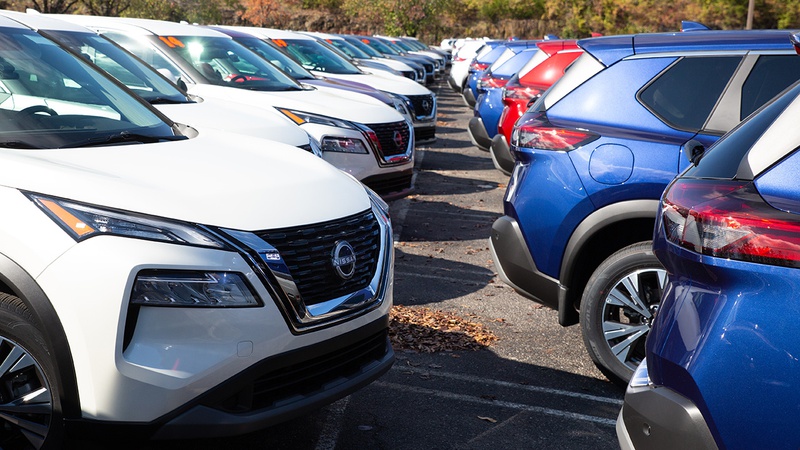The CIRCLES Consortium, consisting of Vanderbilt University, UC Berkeley, Temple University and Rutgers University-Camden, in coordination with Nissan North America and Tennessee Department of Transportation, concluded a five-day open-track experiment on Nov. 18.
The test was conducted on the recently opened I-24 MOTION testbed, the only real-world automotive testing environment of its kind in the world. Stretching four miles just southeast of downtown Nashville, the smart highway is equipped with 300 4K digital sensors capable of logging 260,000,000 vehicle-miles of data per year.
Initial findings saw that a single AI-equipped vehicle can cause a positive ripple effect to help smooth human-caused traffic congestion among 20 surrounding cars. The next several months will be used by the Circles team to analyze the data from the five-day experiment on the I-24 Motion "smart highway."


"On November 16 alone, the system recorded a total of 143,010 miles driven and 3,780 hours of driving. The I-24 MOTION system, combined with vehicle energy models developed in the CIRCLES project provided an estimation of the fuel consumption of the whole traffic flow during those hours. The concept we are hoping to demonstrate is that by leveraging this new traffic system to collect data and estimate traffic and applying artificial intelligence technology to existing cruise control systems, we can ease traffic jams and improve fuel economy," said the CIRCLES team in a joint statement.
Source: Nissan

